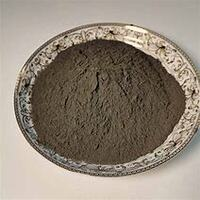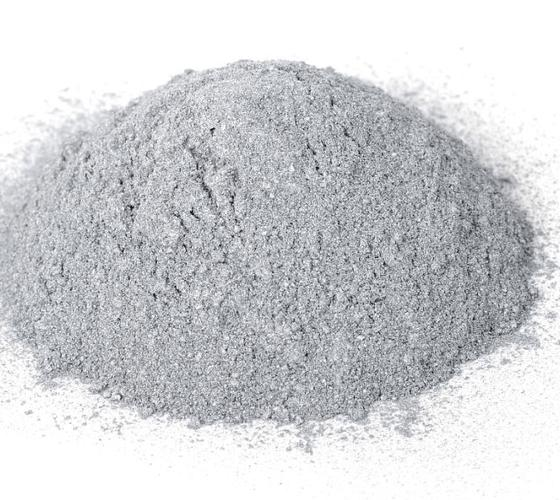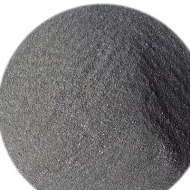1. Introduction
Titanium powder—often referred to as ti powder—is a versatile material used across aerospace, medical implants, additive manufacturing, and even pyrotechnics. But with great utility comes important safety and handling considerations. If you’re looking to buy titanium powder, understand its uses, or compare titanium powder price per kg against alternatives like molybdenum powder or tungsten powder, this guide has you covered.

2. Understanding Types of Titanium Powder
Not all titanium powders are the same. The right type depends on your application:
- Pure titanium powder: Ideal for research and basic metallurgy.
- Ti6Al4V powder (also called ti64 powder): The most common titanium alloy powder, widely used in titanium powder for 3d printing due to its strength-to-weight ratio.
- Spherical titanium powder: Produced via gas atomized titanium powder methods, essential for smooth flow in additive manufacturing.
- HDH titanium powder: Made through hydride-dehydride processing; cost-effective but irregularly shaped.
- Specialty powders: Includes titanium nitride powder, titanium carbide powder, titanium diboride powder (TiB2), and tih2 powder for niche industrial uses.
You might also encounter tio2 powder (titanium dioxide) or tio2 nano powder—but note these are oxides, not metallic titanium, and serve different purposes like UV protection or pigments.
3. Common Uses of Titanium Powder
Titanium powder uses span multiple high-tech fields:
- Titanium powder additive manufacturing: Enables lightweight, complex parts in aerospace and biomedical sectors.
- Metal injection molding (MIM): For small, intricate components.
- Thermal spray coatings: Using titanium carbide or titanium boride powder for wear resistance.
- Pyrotechnics: Titanium flash powder creates bright white sparks (handle with extreme caution!).
- Research & development: Including experiments with titanium nanopowder or titanium coated diamond powder.

Note: Titanium dust is highly flammable and can be pyrophoric—never treat it like ordinary metal filings.
4. Safety First: Handling Titanium Dust
Titanium powder is reactive, especially in fine form. Follow these steps:
- Work in a well-ventilated area or fume hood.
- Avoid open flames, sparks, or static electricity.
- Use non-sparking tools and grounded containers.
- Store in sealed, inert-atmosphere containers (argon or nitrogen).
- Never mix with strong oxidizers unless under controlled conditions (e.g., making flash powder).
Burnt titanium powder coat residue can be stubborn—clean with non-abrasive solvents, not water, which may react with residual fines.
5. Buying Titanium Powder: What to Know

When you buy titanium powder, consider these factors:
- Purity and particle size: Critical for 3d printing titanium powder performance.
- Morphology: Spherical vs. angular affects flowability and packing density.
- Certification: Especially for medical or aerospace grades (e.g., ASTM F1580 for Ti6Al4V powder).
- Supplier reliability: Choose a reputable titanium powder supplier with traceable quality control.
Compare titanium powder price per kg across vendors—but beware of suspiciously low ti powder price quotes, which may indicate impurities or incorrect specs.
6. Price Factors and Market Trends
Titanium powder cost varies widely based on type and volume:
- Pure titanium powder: $100–$300/kg
- Ti6Al4V powder price: $200–$500/kg, depending on sphericity and oxygen content.
- 3d printing titanium powder price often includes premium for gas-atomized, low-oxygen batches.
For context, molybdenum powder price and tungsten powder price per kg are generally lower, but each serves different mechanical/thermal needs. Tungsten metal powder, for example, offers higher density but is harder to process.
Also consider related materials: molybdenum disulfide powder (mos2 powder) for lubrication, or tungsten carbide powder for cutting tools—these aren’t substitutes but often appear in similar procurement discussions.
7. Where to Buy and Alternatives
Reputable sources include certified titanium powder suppliers like international titanium powder distributors or specialized additive manufacturing material vendors. Always request a certificate of analysis.
If your project allows, explore alternatives:
- Molybdenum metal powder or tzm powder for high-temp applications.
- Tungsten powder or spherical tungsten powder for radiation shielding or kinetic penetrators.
- Ferro molybdenum powder or molybdenum carbide powder for alloying.
But remember: titanium’s corrosion resistance and biocompatibility are hard to match.
8. Conclusion
Whether you’re sourcing titanium powder for sale for 3D printing, research, or industrial coating, understanding its types, risks, and pricing is essential. Prioritize safety, verify supplier credentials, and match the powder grade to your exact need—be it ti64 powder for aerospace parts or tib2 powder for composites. With careful handling and informed purchasing, titanium powder can unlock incredible engineering possibilities.
Our Website founded on October 17, 2012, is a high-tech enterprise committed to the research and development, production, processing, sales and technical services of ceramic relative materials such as How. Our products includes but not limited to Boron Carbide Ceramic Products, Boron Nitride Ceramic Products, Silicon Carbide Ceramic Products, Silicon Nitride Ceramic Products, Zirconium Dioxide Ceramic Products, etc. If you are interested, please feel free to contact us.
